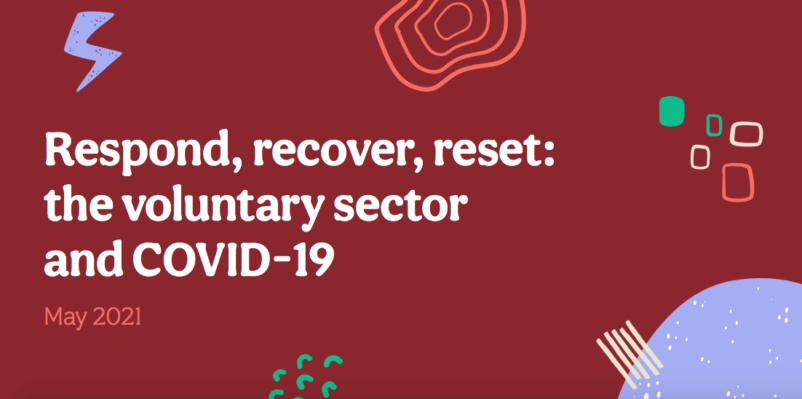Satisfaction remains high among volunteers but lower among younger age groups

Most volunteers (92%) are satisfied with many saying they enjoy it and that it improves their mental health and wellbeing, according to NCVO’s Time Well Spent 2023 survey, released today (27 June). However, satisfaction is slightly down on 2019’s 96%, and continues to be lower among younger age groups.
In fact, only 30% of 18 to 24 year olds say they are very satisfied, compared to 66% of those aged 55 years or older). NCVO also found that public sector volunteers are less satisfied than those volunteering for civil society organisations (87% satisfied vs 94%), and that disabled volunteers are less satisfied than non-disabled volunteers (88% vs 94%).
Why people volunteer
The report also found that the core motivation of ‘wanting to improve things / help people’ has not changed between 2019 and 2023. For both volunteers and non-volunteers, ‘making a difference’ is reported as the most important aspect of volunteering. ‘Not feeling pressured to give time’ comes second. Motivations and values vary by demographic. A quarter (25%) of 18 to 24 year olds are motivated to volunteer for example because they think it will help them with their career or to gain a qualification.
Advertisement
Why people don’t, or stop
Compared to 2019, the likelihood of people continuing to volunteer over the next 12 months has dropped slightly, from 80% to 77%. The main reason for people feeling unlikely to continue volunteering is having less time due to changing circumstances (37% of those unlikely to continue). NCVO also looked at what puts people off volunteering in the first place. The biggest barrier is not wanting to make an ongoing commitment (34% of non-volunteers). Concern that they might end up being out of pocket is a rising worry. In 2019, 5% of non-volunteers gave this as a reason, compared to 14% in 2023. This was also higher among 18 to 24 year olds at 18%.
The survey also found that the proportion of volunteers who agree that those giving unpaid help come from a wide range of backgrounds has dropped since 2019, from 73% to 67% in 2023. Looking into ractices around reimbursing expenses, NCVO found that just over half (55%) of recent formal volunteers say that their group, club or organisation would reimburse expenses, and an additional 16% say that they do not know. The proportion of volunteers who feel like their volunteering is too much like paid work, and that they have unreasonable expectations placed on them, has increased over time (19% to 26%, and 17% to 24% respectively).
In the report, NCVO says:
“Despite the impact of significant external events on the day-to-day operations of volunteers, the ‘core’ of what gets people involved is the same as it was in 2019. Ultimately, people volunteer to make a difference, and because they are connected to the cause, group and organisation they choose to volunteer for. However, involvement also has to work practically for volunteers.”
It also notes the challenges, calling the continued lower satisfaction among young people “worrying”, and saying that it is “disappointing that despite efforts in equity, diversity and inclusion, satisfaction remains lower among disabled volunteers, and a lower proportion of volunteers consider those volunteering around them to be from a wide range of backgrounds.” The concern that people will be out of pocket if they volunteer also needs to be addressed, NCVO says.
The report includes a number of questions for charities to consider, along with reflections and questions for policymakers. The full report can be read here.





